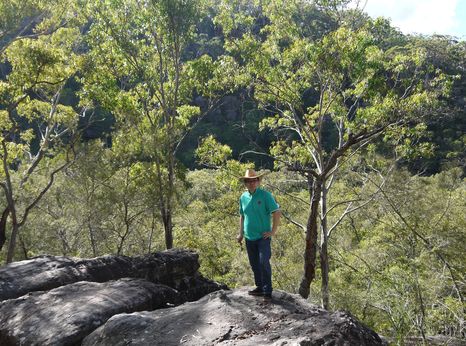Australian-Chinese writer held incommunicado

Yang Hengjun is a prominent writer and blogger who has amassed a wide public following for his novels and often-outspoken commentary on Chinese public affairs. Yang is a former Chinese diplomat who also worked in the private sector in Hong Kong before moving to Australia in 1999, where he earned a Ph.D. at the University of Technology, Sydney. Yang became an Australian citizen in 2002 and before his arrest had been living in the United States, where he was a visiting scholar at Columbia University.
Yang Hengjun was detained by police upon arrival in the southern Chinese city of Guangzhou, where he flew with his family in January 2019. He was initially held under “residential surveillance at a designated location”, a measure that, under certain circumstances, enables criminal investigators to hold individuals for up to six months outside the formal detention system in what can amount to a form of secret incommunicado detention. When held without access to legal counsel of their choice, their families or others, suspects placed under this form of “residential surveillance” are at risk of torture and other ill-treatment. This form of detention has been used to curb the activities of human rights defenders, including lawyers, activists and religious practitioners. Activists and human rights defenders continue to be systematically subjected to monitoring, harassment, intimidation, arrest and detention.
Yang Hengjun was formally arrested in August 2019 and is now being held in a detention centre in Beijing, where he has been denied consular access since 30 December 2019. Yang has denied all allegations of espionage and has told the Chinese authorities that he has never been a spy for any government.
Yang’s wife, Yuan Xiaoliang (an Australia permanent resident), and their son were allowed to enter China but have been banned from leaving the country. In July 2019, Yuan tried to fly home to Australia but was stopped by a border security official. A few days after this attempt, Yuan was taken away by state authorities and questioned for two hours. According to her close friend, Yuan believes that she will be punished if she speaks to international media.
This not the first time that Yang has been detained. In 2011, Yang went missing for a week after having been followed by three men. This sparked global speculation that he had been detained. However, re-emerging a week later, he told the reporters that it is a “misunderstanding” as he had been sick. Yang has since retracted that statement.
Espionage is categorized as a crime of “endangering national security” under China’s criminal law. Individuals convicted of espionage face a minimum of three years’ imprisonment, and individuals deemed to have endangered national security with “particularly serious harm to the country and the people” may be sentenced to death. Suspects in national security trials are regularly deprived of procedural rights afforded to ordinary suspects, including access to legal counsel of their choice and the right to a public hearing. In 2017, Amnesty described China’s use of the concepts of “national intelligence” and “national security” as excessively vague and overbroad.